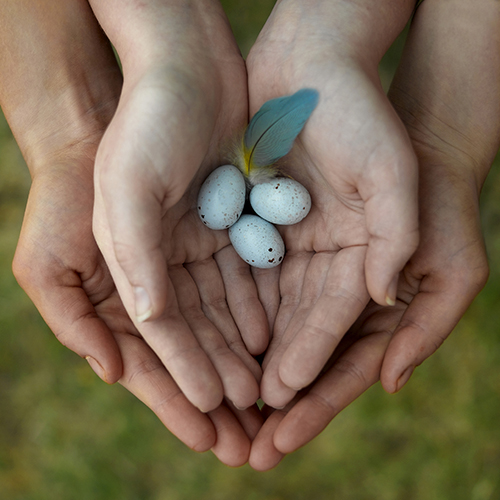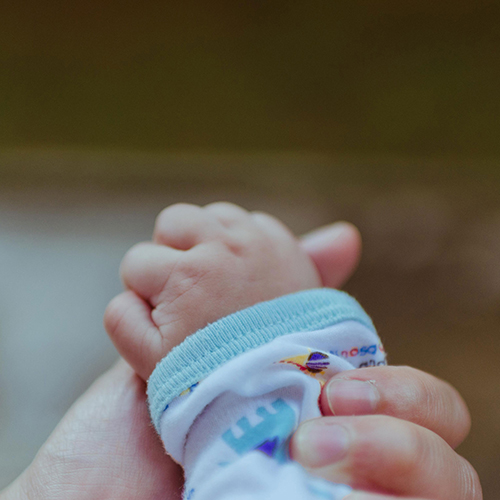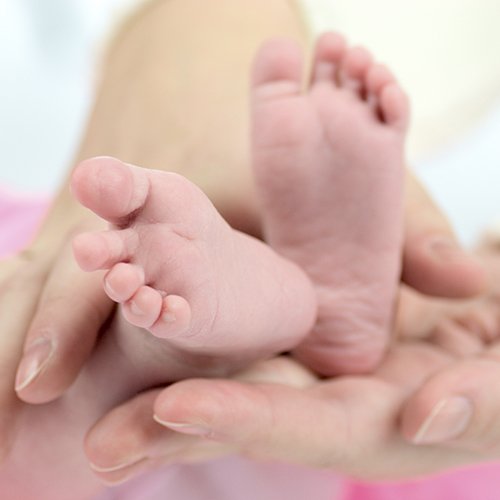In the run up to menopause, the production of sex hormones slows down, the ovaries stop producing eggs and monthly periods become less frequent and eventually stop altogether. After the menopause you can no longer get pregnant. The symptoms that … Read More
What happens during the menopause?
1. The premenopause is the beginning of the climacteric (usually the early 40s) when periods may be heavy and irregular. 2. The perimenopause is the stage (usually a few years) on either side of your last period when physical symptoms … Read More
What can I do to help my menopausal symptoms?
To cope with hot flushes try to keep the room temperature fairly low and wear loose rather than tight clothing (cottons are good). At night it may be useful to have blankets that you can peel off easily if you … Read More
Osteoporosis – causes and treatment
Who’s at risk? Osteoporosis is a particular problem for women after the menopause. Before that, healthy bone is constantly renewed and repaired by special cells called osteoblasts. The activity of these cells is controlled mainly by hormones, including oestrogen. As … Read More
Is there such a thing as the male menopause?
To date, there is no evidence to suggest that men do experience major hormonal or psychological changes in mid-life. Minor chemical and hormonal changes do occur, but they are relatively insignificant. The symptoms that do increase in men with advancing … Read More
How can I manage my menopause?
Hormone Replacement Therapy (HRT) The single most effective tool available is HRT. This can replace the oestrogen deficiency so that the symptoms disappear. HRT is more than 90 percent effective. If you feel your doctor isn’t being very helpful or … Read More
Can I prevent osteoporosis?
Take exercise regularly, at least from the age of 35 onwards. Women who take regular weight-bearing exercise twice a week (and walking will do) have denser bones than women who take such exercise once a week, and in turn these … Read More
When does fertilization happen?
Sperm and ova have only 23 chromosomes, so that when they meet, the single fertilized cell that results has 46. The fertilized cell is called a zygote and as it travels down the fallopian tube towards the uterus it divides … Read More
When am I fertile and how can I tell?
You can find out when you’re fertile by tracking your periods in a diary, or if you do not have a regular 28-day cycle, by doing an ovulation test on your urine. Keep a check on your cervical mucus which … Read More
What role do hormones play?
Ovarian follicle development is triggered by FSH from the pituitary gland. The follicles produce oestrogen. This causes the pituitary gland to release a burst of LH that cuts FH production. The LH triggers the release of the egg from the … Read More










